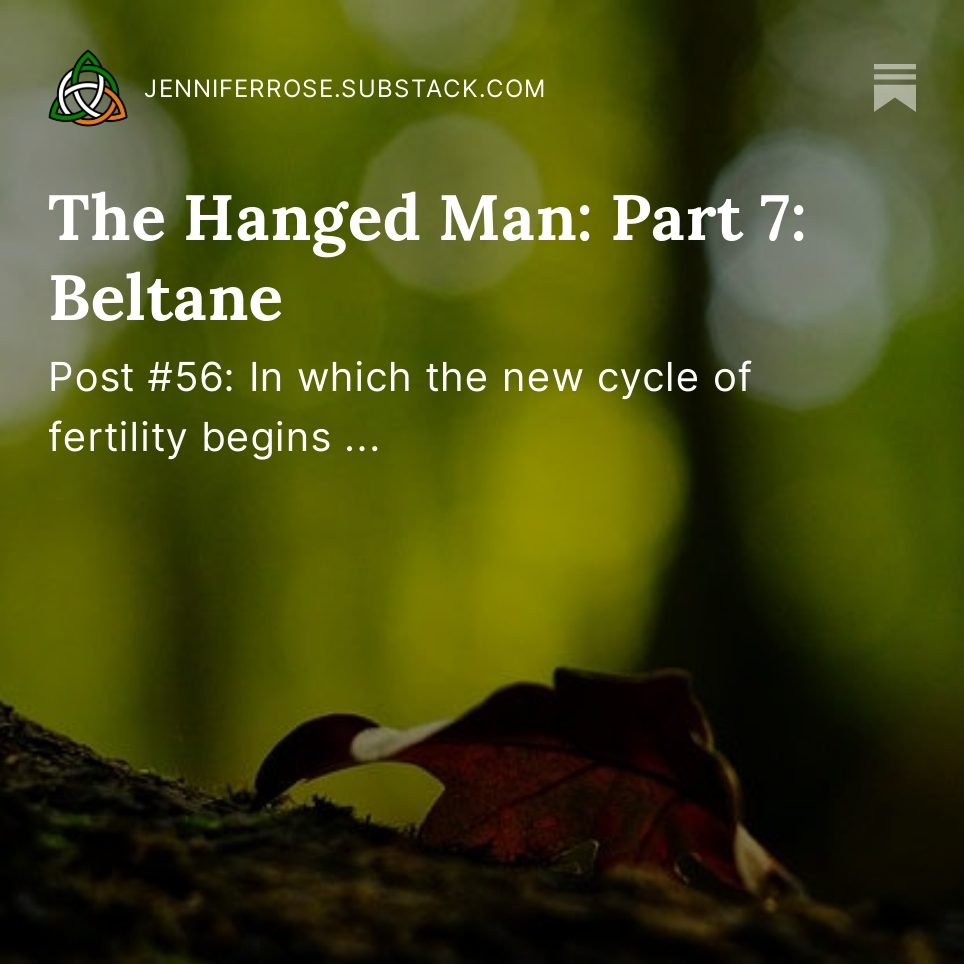As I write this, I have just returned from a long journey across the country and into my past. I’m home again, but the journey is not over and I expect to retrace my steps back and forth for some undetermined length of time.
The physical journey, however long, is nothing to the internal journey I’ve undertaken through my memories, family dynamics and history, and so much of what has shaped my life and experience.
Before I left, I came across this poem by David Whyte:
Here in the Mountains
There is one memory deep inside you.
In the dark country of your life
it is a small fire burning forever.
Even after all these years
of neglect
the embers of what you have
known rest contented
in their own warmth.
Here in the mountains,
tell me all the things
you have not loved.
Their shadows will tell you
they have not gone,
they became this night
from which you drew away in fear.
Though at the trail’s end,
your heart stammers
with grief and regret,
in this
final night
you will lean down at last
and breathe again on the
small campfire of your
only becoming.
“Tell me all the things you have not loved.” This is an invitation I’ve never heard before. My focus has been on gratitude, on reframing, and on finding something good in every situation. I call myself a pessimist rather than an optimist, though I do leave windows and doors open for good things to happen while preparing for the worst.
My friends and I talk at work about the way we avoid “complaining.” A male coworker was taught as a child to refuse to give way to pain and illness, to work through it silently and privately without “complaint.” Is complaint the same as acknowledgment? I’m not sure. Three of us, all women, are more comfortable acknowledging our struggles and distress than our male friend, but none of us want to hear ourselves “whining.” Is whining the same as acknowledgment? I’m not sure about that one, either.
Because of my own confusion and blurriness around the terms we use and the cultural pressure towards toxic positivity, speaking about the things we have not loved is a jarring proposal. I carried it as I traveled on cars and buses, airport shuttles and airplanes. I hardly wrote at all over the last week. One journal entry by hand on the plane and the rest of my notebook filled with to-do lists, notes, names and numbers.
But I thought about things I have not loved.
It’s not just the invitation, though. It’s the way Whyte suggests all the things we have not loved are the background against which our lives are pinned, the shadows defining the light. I think of the night sky, gleaming with stars. What would the stars be without the blackness around them? I think of candle flames, fireflies, a lone campfire in the wilderness in the black night.
And isn’t it true that the things we have not loved don’t go away? Don’t they stay with us more inexorably, in fact, than the things we have loved? It seems so to me. Thus the fear, the drawing away, the heart filled with grief and regret. But at the core of our lives perhaps there is a small fire, patiently burning, waiting for us to come to our trail’s end. I think some would call the small fire God.
I realize one of the largest things I have not loved is love. A strange thing to realize, and a strange thing to say, I know. But so often my love has been helpless. The strong bonds, history, and feeling (all of which I mean by “love”) I feel for my parents, my brother, and my sons have been the greatest sources of pain in my life. Five vast, dark, wildernesses surrounding five campfires, these five who are flesh of my flesh, blood of my blood. These five who I could never stop loving, even if I wanted to. No matter how great the shadows around the fires, the flames burn, warm, beautiful, cleansing, regenerative. Often, I wish I could stand just outside the firelight, unseen, and simply love without fear, without pain, without wishing to be loved in return. But I do draw away in fear from the heat, the flame, the passion of the fire. I cherish the fires and would protect them with my life, but I fear them, too.
I have not loved the trauma and abuse that has shadowed what I love. I have not loved my disillusionment or the terrible choices I’ve made in building boundaries and learning to love myself. I have not loved my feelings of loss, insecurity, scarcity, and exile. I have not loved my pain and grief. I have not loved learning to let go.
I did not love walking into my mother’s home, the place where she has lived her self-imposed solitary journey into dementia and inability to care for herself. I did not want to follow her trail into the darkness of fear and denial, marked with soiled clothing and bedding, desperate and increasingly nonsensical and illegible notes and reminders. I did not want to go through drawers and cupboards of vitamins and supplements; over-the-counter remedies for pain, sleep, memory loss, skin problems and digestion issues. I did not want to fill trash bags with worn-out but never discarded clothing and shoes, a thousand used emery boards, outdated products and food.
I did not love going through every stitch of her clothing, sorting, washing, labeling with a laundry marker and packing it all to take to her new home in a memory care unit. The day after I carefully loaded her dresser, newly cleaned and placed in her room, we visited and found she had dumped every drawer into her laundry basket. She was “packing” to go home.
I did not love doing any of it. I did not want to do it. It broke my heart and filled me with futile guilt and shame. But at the center of every bag of trash, every bag and box to be donated, every clean drawer and cupboard, burned the small fire of my love for my mother. Inescapable. Inexorable. In a strange way, all the things I did not love were fuel to keep that fire burning. The more shadows I found under beds, in closet corners, in drawers and cupboards she forgot she had, the brighter the fire burned. My pain and pity, my anger with her lifelong pattern of denial and rejection of any help or support, made the fire burn higher. To tend the fire is to face the darkness.
And I would not have the fire go out, though I feel torn into pieces by its presence.
It’s been a dark week, a week of deliberately moving into the things I have not loved. Drawing back was not an option. I could only step into the void. But the darkness has held a thousand small flames. The faces of old friends, both mine and Mom’s. Her animals, once so beloved but now forgotten by her, rehomed and doing well. A hundred acts of kindness and generosity. Help with moving furnishings into her new room. A cherry pie. Hugs and tears. The good-hearted friendliness of dogs. Constant support. Texts, emails, phone calls – all messages of succor and sympathy for me and my brother, for Mom. The friend who cares for the plants. The friends who keep an eye on the house. The friend who took a load to Goodwill for me. The friend who will take out the mountain of trash in the garage. And, when I came home, the arms of the friends who welcomed me back.
The shadows and the light. The things I have not loved cradle the things I do love. I am so weary I cannot begin to unravel the paradox. Perhaps it cannot be unraveled, only accepted and experienced. Perhaps Mom is wandering in her own dark wilderness, seeking the small campfire of her becoming, and when she finds it, leans down to breathe upon it, she will at last know peace.
Questions:
- Share three things you have not loved.
- Do things you have not loved persist in your life? What creates a background for what you do love?
- What is the difference between complaining (whining) and acknowledgment? Do you believe it’s wrong for you to admit to personal struggles?
To read my fiction, serially published free every week, go here:
© 2023 – 2024, Jenny Rose. All rights reserved.



Your writings are such a joy to read, contemplate and share. Thank you
Thank you, Taylor, for reading and commenting. Writing is a strange business. It goes out into the world. After that, it’s none of my business! Unless someone comments, I have no way of knowing if they’re reading, if they’re provoked, if they’re supported and validated, if they agree or disagree or have another viewpoint. Pressing “publish” is an act of faith every time.
“Perhaps it cannot be unraveled, only accepted and experienced.”
I’m coming to believe this is true about so many things my brain still won’t stop trying to unravel. It’s exhausting. My brain’s been a spinning vortex of *all* the things this week and I don’t like it.
2 things I actually just posted about the other day come immediately to mind- my lifelong disordered thinking around food, and the ongoing effects of years of religious indoctrination that are really difficult (maybe impossible?) to root out. They have not ceased persisting and I don’t know that they ever will.
I’m not sure either about the whining vs. acknowledgment question. I know that there are people I have unfollowed because of what feels like constant negativity without any sense of self-examination, and I can’t take reading it anymore.
But, I also despise toxic positivity. I purposely chose to be very honest through December (I called it I-Hate-December) about the struggles that month holds for me. I think it’s actually helpful and encouraging to others to admit personal struggles, and many of my friends have confirmed that when I share such things.
But how to differentiate—I’m not sure. What I’ve tried to focus on is just what feels right to me. Because we know there will always be people who judge and criticize no matter what choices we make. So for me, talking about the hard things that are getting me down, on purpose, feels like maintaining some balance—I will not be one of the positivity-pushers that also drive me crazy. I guess I’m just going for presenting the reality of the human condition. And it ain’t all pretty or fun.
I get some amusement out of telling myself much of the spinning vortex in my brain is not my business. Seriously. If it’s that hard to unravel, and I feel the compulsive spin, maybe what I’m chewing on is not mine in the first place. Maybe it is a matter for surrender. Maybe I could step back and say, “However this needs to be is OK with me,” and just leave it alone. Let it go. Easier said than done.
Are you familiar with Pete Walker’s work on CPTSD? It sounds like you have some traumatic memories and teachings that are impacting your life negatively. Walker, more than anyone else, has helped me untangle some of my trauma-based thinking. My big one is money. I still struggle with it, and expect I always will, but he gave me some invaluable tools and insight into what was happening, as well as ways to loosen the power of the trauma in my life. I highly recommend him, even if (especially if) your first reaction is that you don’t have PTSD, especially not CPTSD. He has a website and he’s written two books.
I know what you mean about not wanting to engage with people in a chronic victim/negativity stance. Such engagement is, for me, a bottomless black pit of need. I hate toxic positivity, too, but there’s a lot of space in between the two on a continuum. Sometimes things suck, AND I am not a victim. There’s always choice, and therefore power, somewhere. The question is are we willing to take responsibility for the choice, and therefore our power? Some people simply aren’t willing. That’s OK, we all walk different paths, and I wish people well in general, but I don’t have anything to give people who won’t help themselves. I think of whining as “victiming.” Acknowledgement, though, is powerfully authentic and honest, especially when we follow it up with a plan to help ourselves, make changes, or simply work on surrender and letting go. That, I find, is quite connecting. I admire and learn from people who have the dignity and confidence to admit when they’re down and need some support, and who can use the support they receive to stand strong again. That’s who I want to be, and those are the people I want to hang out with. People like you.
I struggle in December, too, because of the holidays. But I do love Yule and the dark turn of the wheel, and I focus on that and try to ignore the rest.
The unworkable belief systems downloaded into you as a child about food and religion are not your fault. You know that, right? Children are helpless receivers of all kinds of distorted messaging. We need to be gentle with ourselves and not add to the abuse we experienced in childhood before we can start healing.
Thanks for reading and commenting, Deb. Be well.